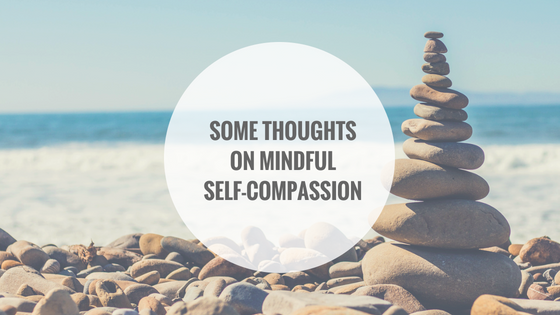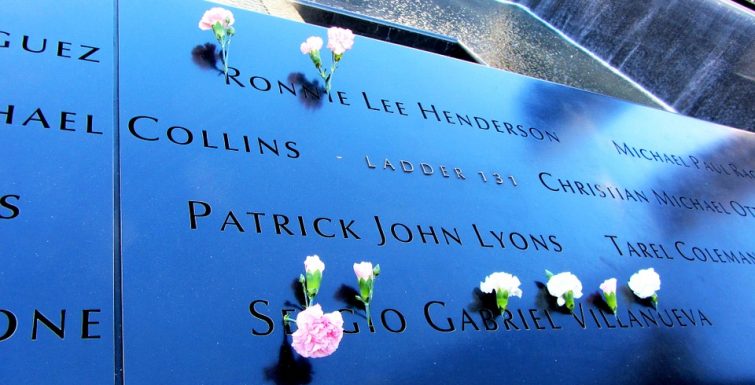Julie Entwistle, MBA, BHSc (OT), BSc (Health / Gerontology)
For the last several weeks I have been enjoying a course in Mindfulness Self-Compassion. Taught through the Program for Faculty Development at McMaster University, the course is for health professionals, but the strategies and teachings are very relatable to all of us in our daily lives. While the course is not over, I wanted to share some of the main concepts I have found most helpful so far.
Here is the scenario: you are heading home from work and you get a panicked call from a close friend or family member. They are upset and really need your help. How do you react? Well, when I did this exercise I thought my reaction would probably include: asking them what I could do that would be most helpful, clearing my evening schedule to go provide them with support, visiting with them to listen, offering support, helping to distract them through activity or fun if appropriate, assisting them to move through the situation, arranging for follow-up and checking in the next day. Something like that. But, what if the crisis is happening to me? Would I react differently? Well, historically, yes, I would. In fact, I would probably treat myself very differently than I would my friend. Or, more honestly, if I treated my friend the way I would treat myself, I wouldn’t have many friends. My reaction to myself would be more like: “you don’t have time for this, get over it, there are bigger problems in the world”, or I would simply try to ignore the issue, bury the associated feelings and move on. I probably would see my own name on the call display, roll my eyes, hit “decline” and wonder “why is she calling again”? Wow, what a difference. Self-compassion then can be as simple as affording yourself the same compassion, love and respect that you afford to those around you. Try it!
I also found it very helpful when the course addressed our “inner critic”. This is the internal voice we all have that bully’s us into thinking we are not “good enough, smart enough, fit enough, competent enough” etc. In truth, part of the reason I wanted to take the course in the first place was to try and sucker punch that bully and get her (mine is female) to leave me alone. But when the course had me really evaluating the thoughts and feelings that my inner critic berates me with, I did come to realize that perhaps I should give her more credit. Maybe it is my critic that ensures I complete 90% of my goals. Maybe I need that critic for my willpower, drive and determination. Perhaps some of my behavior is directed at proving her wrong (I am stubborn that way). Because of the course I now have an increased appreciation for her and am now grateful that she keeps me in line. By acknowledging that she exists and being open to her presence has actually diffused her, softened her approach, and now I find her voice more loving and supportive. Go figure!
Lastly, I found the half-day silent retreat very refreshing. While I had been on a silent retreat before, this time I was sure to be much more mindful throughout the process and the results were more enjoyable. Not being pressured to talk or engage verbally with others really helped me to calm my thinking, slow my brain waves and see things that I usually ignore. Nature, food and silence have never before been so enjoyable. I left there with feelings equivalent to a restful nights’ sleep, a relaxing vacation, or a good meal with friend. Soothing, comforting and rejuvenating. Silence is definitely something I am going to work into my life more regularly. My brain requires it.
While there have been other helpful and impactful parts of this course, I have highlighted my favorite three so far. And though I am still learning the art of mindfulness (and am not yet “practicing” as much as I should), and I still struggle with meditation and working this into my day, the benefits of this course are many and the teachings important. Mindfulness, self-compassion and human kindness are all pivotal concepts in this course that this world so desperately needs us all to embrace. I am enjoying learning more about them all.
To close, here is one of my favorite poems from the course:
Allow
by: Danna Foulds
There is no controlling life.
Try corralling a lightening bolt,
containing a tornado. Dam a
stream and it will create a new
channel. Resist, and the tide
will sweep you off your feet.
Allow, and grace will carry
you to higher ground. The only
safety lies in letting it all in –
the wild and the weak; fear,
fantasies, failures and success.
When loss rips off the doors of
the heart, or sadness veils your
vision with despair, practice
becomes simply bearing the truth.
In the choice to let go of your
known way of being, the whole
world is revealed to your new eyes.



